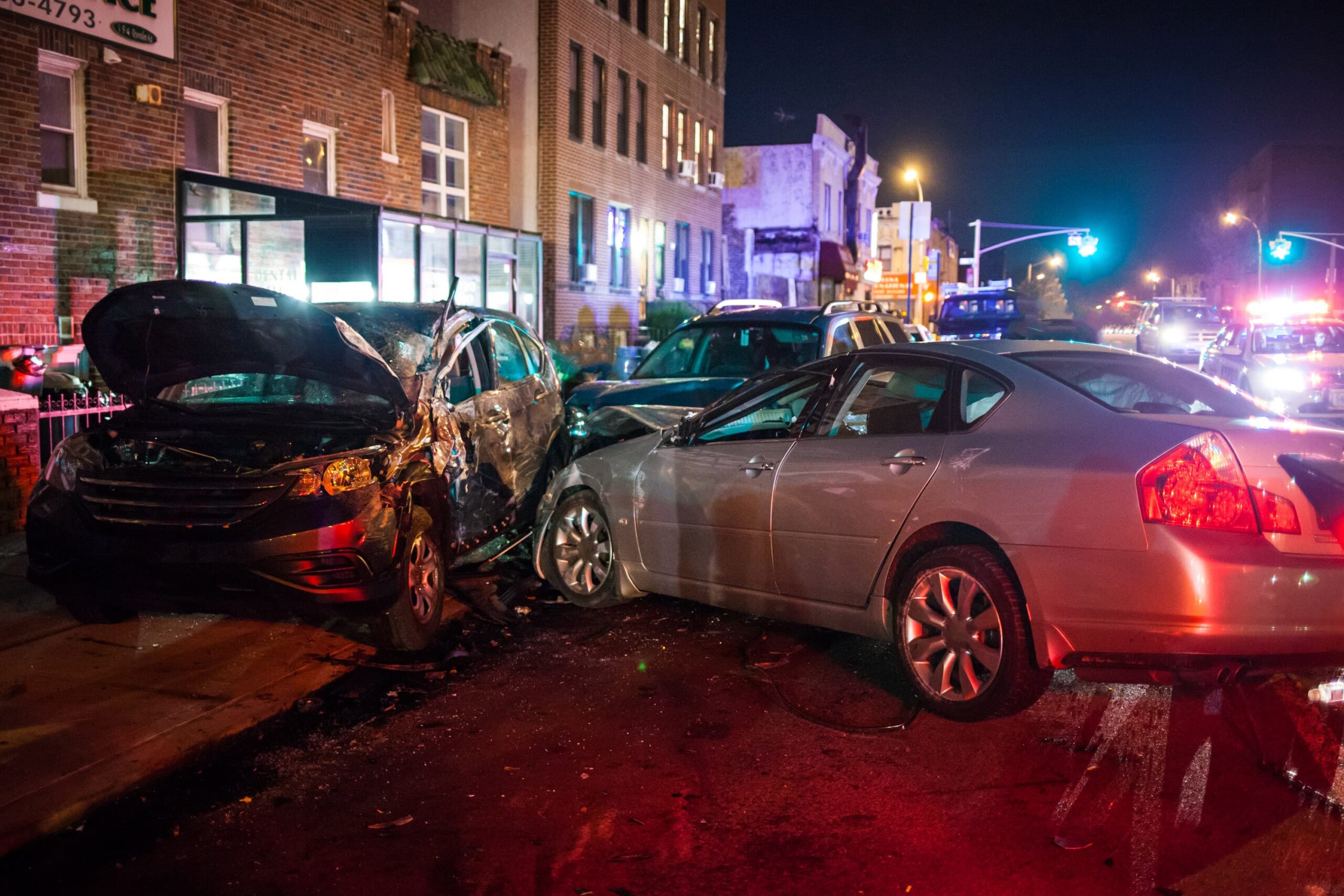Understanding the Colorado Victims Rights Act
If you’re the victim of a crime in Colorado, you have rights. The Colorado Crime Victim Rights Act is a law that protects the rights of victims of crime. Every crime victim has a designated set of rights that includes participation in the criminal proceedings and compensation for monetary losses. Here’s what you need to know from our Denver personal injury lawyers.
Rights of Crime Victims in Colorado
The State of Colorado is dedicated to the idea that the victims of crime have the right to participate in the criminal proceedings regarding their offenders. They also have the right to know when significant events occur in the case like when an offender is released from jail.

The purpose of crime victim rights is to ensure that crime victims are heard and have input in the criminal process against their offenders. In addition to input and notice, crime victims have the right to compensation for direct, financial losses that occur as the result of a crime.
What Is the Colorado Victims Rights Act?
The Colorado Victims Rights Act is a law that protects the rights of victims to participate in criminal proceedings. The law defines how victims may participate in criminal proceedings that involve their offenders. Victim rights include the right to notice of court proceedings, the right to speak at sentencing, and the right to notification before an offender is released from custody.
Colorado Victims Assistance
There are several kinds of assistance available for victims of crime in Colorado. Many police departments have dedicated divisions for assisting crime victims with family notifications, referrals for treatment and counseling, and generally helping to manage the fallout of being the victim of a crime. In addition, many district attorneys offices have designated victim advocates who are specially trained and tasked with assisting crime victims.
What Are My Rights If I’m a Crime Victim in Colorado?
You have the following rights if you’re a crime victim in Colorado:
- The right to be free from harassment or abuse for reporting a crime
- Notice in advance of court hearings
- Input into plea offers and case disposition decisions
- The right to speak to the judge before sentencing
- Court-ordered compensation for your direct, financial losses
- Notification before the offender is released from jail or prison
- Notification if the offender escapes from custody
- Advanced notice of parole hearings
- The right to be heard at bond violation hearings
- The right to be heard if the defense or district attorney wants to subpoena your records
Colorado Victims Compensation
Colorado victims compensation ensures that the victims of crime receive payment for their financial losses. Ensuring that the offender pays the victim for their financial losses is incorporated into the criminal proceedings. The victim’s financial losses become a judgment against the offender. The offender is court-ordered to pay the victim through the criminal court. The victim must provide proof of their financial losses.
Colorado Victim Restitution
Victim compensation is also called victim restitution. Colorado victim restitution is the formal term for requiring a criminal offender to pay the victim for the crime. Things like medical bills and property damage are covered losses for Colorado victim restitution. The offender must pay the victim for their financial losses because of the crime.
Victim Compensation for Assaultive Crimes in Colorado
In addition to compensation through restitution in the criminal justice system, victims of certain types of crime may receive compensation directly by statute. In qualifying cases, payment doesn’t depend on whether the offender is convicted of the crime.
As long as the case meets statutory requirements, like reporting to police and cooperating with law enforcement, the victim may receive compensation just by filing a claim. Qualifying crimes are violent crimes. In the case of a deceased victim, family members may claim compensation.
Who Has to Follow the Colorado Crime Victims Rights Act?
The Colorado Crime Victims Rights Act places requirements on the police and the District Attorney. Even the court and correctional facilities have responsibilities under the Act. Anyone involved in the law enforcement and criminal justice system must ensure that they do their part to carry out the requirements of the Colorado Crime Victims Rights Act.
The rights of victims are laid out in 29 guaranteed rights and accompanied by clear-cut responsibilities explained for:
- Law Enforcement
- The District Attorney’s office
- The Court
- The Department of Corrections
- The Juvenile Parole Board
- The Department of Human Services & State Hospital
- The Probation Department
How Do I Enforce My Rights as the Victim of a Crime?
The best way to enforce your rights as a victim of crime is to ensure that law enforcement and the district attorney know that you want to participate in the process. Even though you have rights as a crime victim, it’s essential to establish contact with the law enforcement agencies that are tasked with upholding your rights.
Victims of crime also have responsibilities that will assist the criminal justice system in serving them. These include:
- Keep appropriate criminal justice authorities informed of their and their representative’s current name and contact information
- Provide a written request to the appropriate agency if they want to be notified of information regarding the post-sentencing process
- For victims of cold cases for which the crime has a statute of limitations of longer than three years, to request in writing an annual update of the status of the case
- To request notification of the release of the person accused or convicted of a crime from the county jail
- To request notification by the court of a defendant’s petition to stop sex offenders registration
- To request that correctional officials keep their address, telephone, place of employment and other personal information confidential
If you feel that your rights are not being upheld, you should contact the Colorado Department of Public Safety to address your concerns.
Does the Criminal Restitution Address All of My Rights as a Crime Victim?
No, criminal restitution does not address all of my rights as a crime victim. Even though financial restitution is an important part of restorative justice in the criminal justice system, restitution in the criminal system doesn’t compensate you for the emotional fallout of crime. The criminal system can’t compensate you for things like pain and suffering.
To get all of the compensation that you’re lawfully entitled to when you’re the victim of crime, you must bring a civil claim for compensation. Your civil claim can include a comprehensive array of damages that include both economic and non-economic damages. An experienced attorney can help ensure that you include all of the types of compensation that you may deserve.
Contact Our Colorado Attorneys for Crime Victim Rights
Are you the victim of a crime? At Bachus & Schanker, LLC, we protect the rights of crime victims each day. Let us help you defend your rights and advance your interests.
We know that being the victim of crime is a devastating, life-changing experience. We’re here to help you fight for your rights and ensure that you get the justice that you deserve. There’s no cost to speak with a member of our team. Call us today for a free and confidential consultation regarding your claim.






